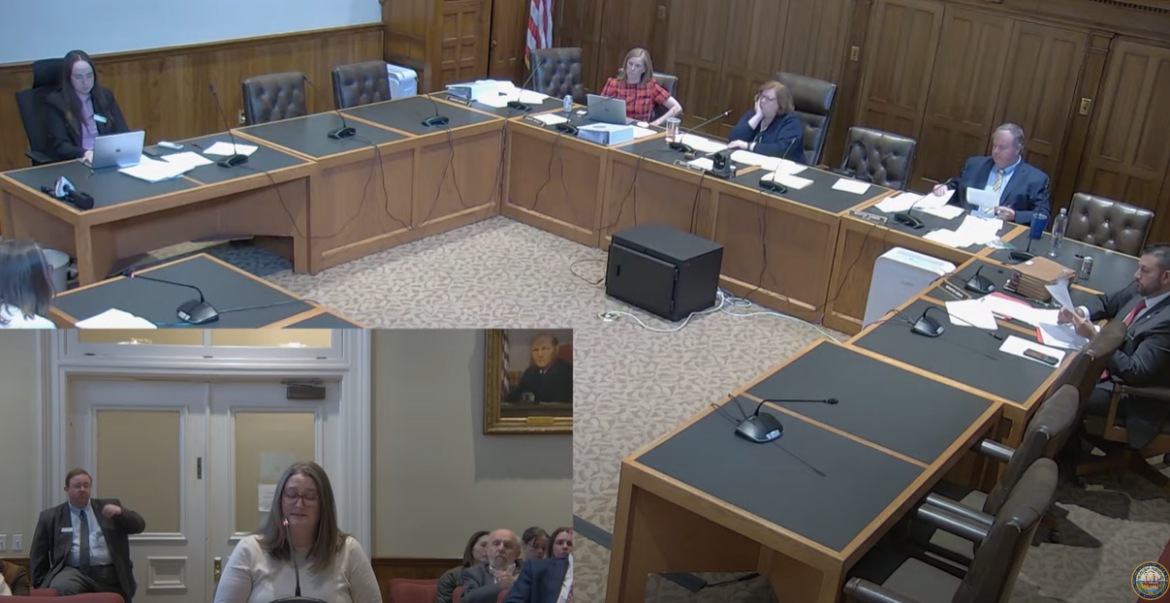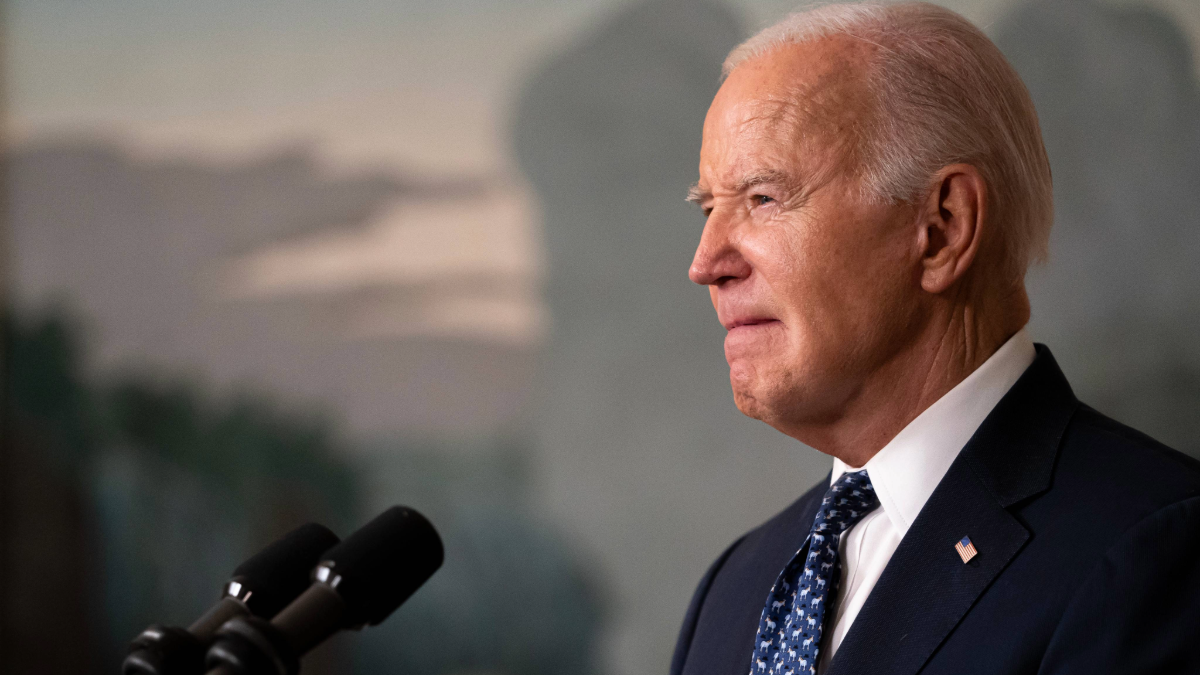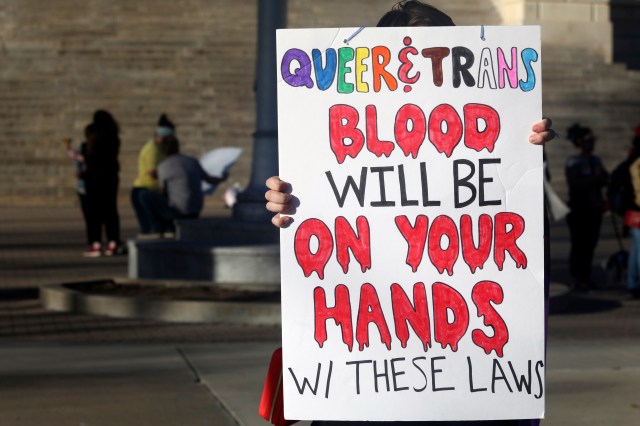
Contentious Senate Hearings on Transgender Rights Legislation
In Concord, recent sessions in the state Senate Judiciary Committee focused intensely on several transgender-related bills, stirring significant public and political debate. The discussions centered on sensitive topics such as the appropriate facilities for transgender students in schools, participation in sports teams, and the conditions under which gender-affirming surgeries should be permitted. These Republican-backed bills, which narrowly passed the House, challenge the existing legislative framework by questioning whose rights might be infringed by both current and proposed laws.
Public and Political Reactions to Proposed Transgender Legislation
The hearings brought to light the deep divisions and the emotionally charged atmosphere surrounding transgender issues. Critics of the bills argue they represent a regression in rights and respect for transgender individuals, citing concerns over the potential harm and exclusion these laws could cause. On the other hand, supporters of the bills argue for the necessity of such legislation to protect the privacy and safety of non-transgender individuals in public spaces such as restrooms and sports teams, reflecting a national trend of legislative efforts aiming to restrict transgender rights.
Implications of the Legislation and Calls for Comprehensive Review
The debate extends beyond individual bills to broader questions about the inclusivity and fairness of laws affecting transgender people. For example, House Bill 396 seeks to grant local control over access to gender-segregated facilities like school locker rooms and bathrooms, which has sparked a backlash regarding the potential for increased discrimination. Meanwhile, another bill requires individuals to reach the age of majority before undergoing gender-affirming surgery, comparing such medical decisions to regulations around tanning beds and tattoos, suggesting a paternalistic approach to transgender healthcare. These legislative efforts highlight a critical need for thoughtful consideration and dialogue that respects the rights and experiences of all individuals, particularly those from marginalized communities.



